|
Nigeria stands out as a country with an abysmal performance when it comes to sexual and reproductive health among women and girls. Women and girls are still having their genitals mutilated and there is low contraceptive use. Terry McGovern, Monique Baumont, Samantha Garbers and Eka William explain how Nigeria’s multiple legal systems fuel poor health outcomes for women and girls and argue for a consolidation of customary and civil
laws.
Most of the nearly 30,000 global deaths that occur annually from pregnancy-related causes are in the low-income countries of sub-Saharan Africa and South Asia. A major reason for these deaths is the lack of good antenatal care. And where it is available, it’s usually of poor quality. In research across West and Central Africa, Comfort Z. Olorunsaiye discovered that high quality antenatal care could improve maternal health by identifying
and addressing underlying problems that caused pregnancy complications.
To receive our COVID-19 updates on WhatsApp, subscribe to the service here.
|
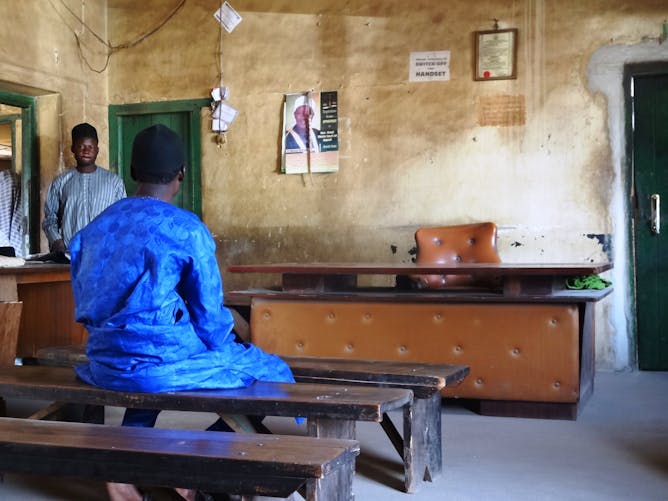
Religious courts like this sharia court uphold practices that discriminate against women.
Aminu Abubakar/AFP via Getty Images
Terry McGovern, Columbia University Medical Center; Monique Baumont, Columbia University; Samantha Garbers, Columbia University Medical Center
Nigeria must work towards the harmonisation of laws that protect and promote access to sexual and reproductive health.
|
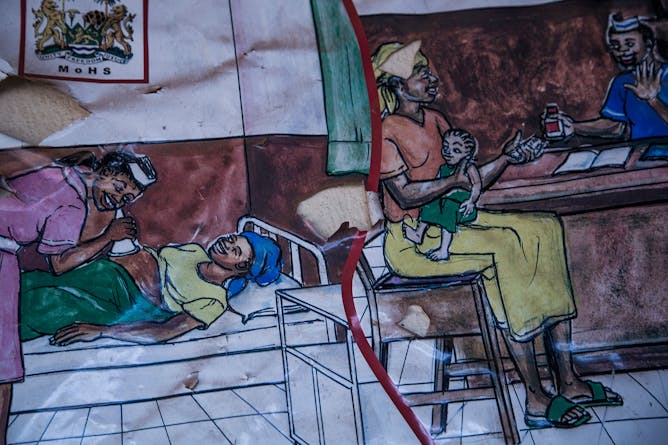
Lam Yik Fei/Getty Images
Comfort Z. Olorunsaiye, Arcadia University
High quality antenatal care can improve maternal health in West and Central Africa by identifying and addressing underlying problems that can cause pregnancy complications.
|
Education
|
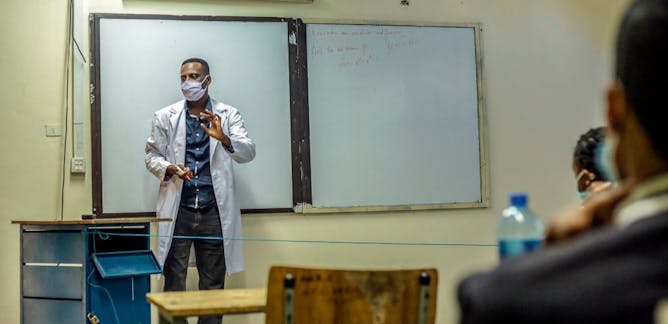
Wondwosen Tamrat, St. Mary’s University
Private higher education institutions in Ethiopia draw all their income from student tuition. This exposed the vulnerability of the sector when the crisis hit and students stopped paying their fees.
| |

Michelle A. North, University of KwaZulu-Natal; Lauren Hoyer, University of KwaZulu-Natal; Warwick William Hastie, University of KwaZulu-Natal
It seems the production of Earth science knowledge in Africa is simply not progressing, despite the world's interest in (and exploitation of) the continent's mineral wealth.
|
|
|
Politics
|
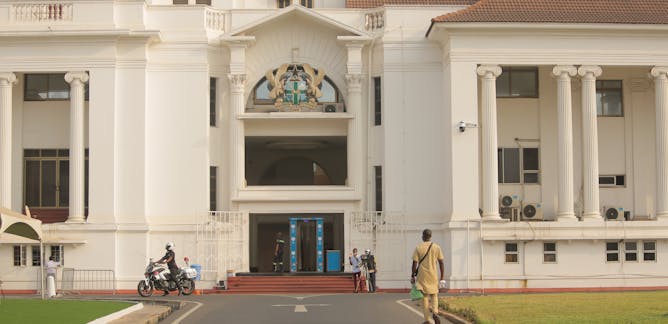
Esi Thompson, Indiana University
The Ghanaian media decides how the public understands proceedings from the Supreme Court.
| |

Simon Mabon, Lancaster University
The underlying issues of inequality, corruption and poverty are still dogging the region, ten years after the protests.
|
|
|
From our international editions
|
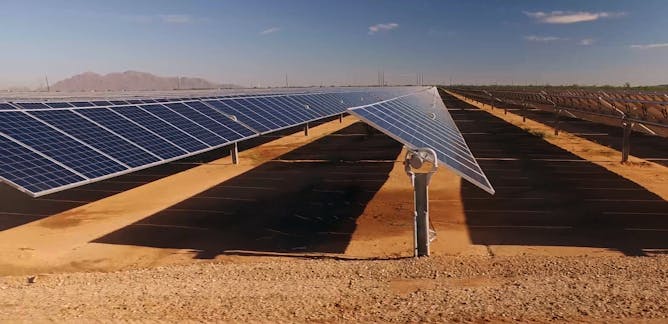
Zhengyao Lu, Lund University; Benjamin Smith, Western Sydney University
In a bid to ditch fossil fuels, some countries are considering carpeting deserts with solar panels.
| |

Neil McCulloch, Institute of Development Studies; Radek Stefanski, University of St Andrews
The costs that fossil fuels impose on public health through air pollution alone are enormous.
|
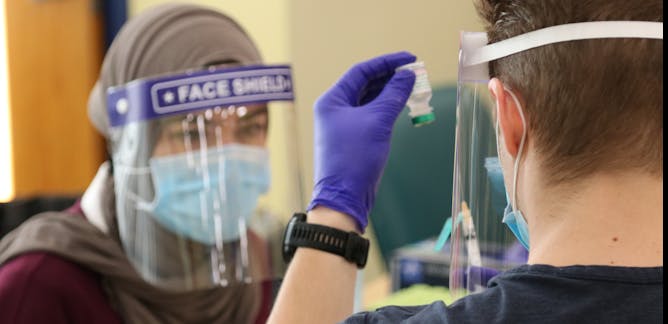
Michael F. Collins, University of Massachusetts Medical School
One university is showing how the vaccine corps concept can speed up vaccination rates, including launching a large-scale vaccination site staffed by hundreds of students and volunteers.
| |

Christian Yates, University of Bath
Never has the saying 'dynamite comes in small packages' been more apt.
|
|
|